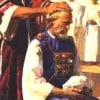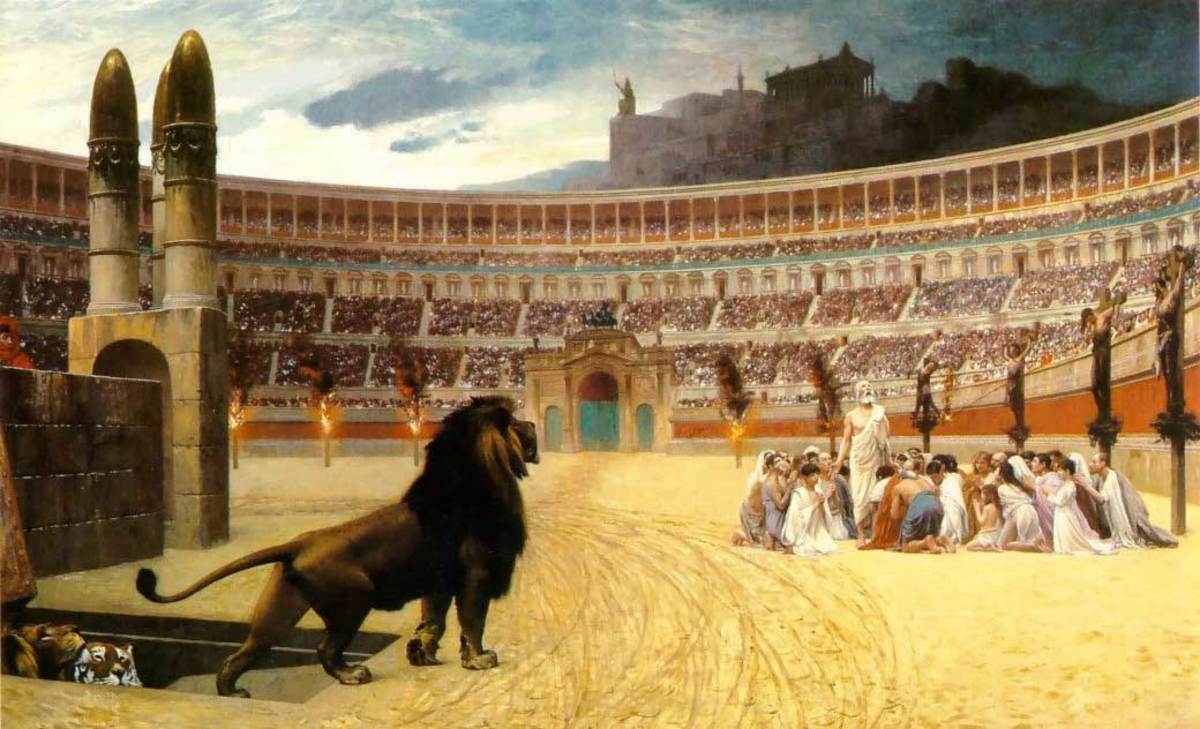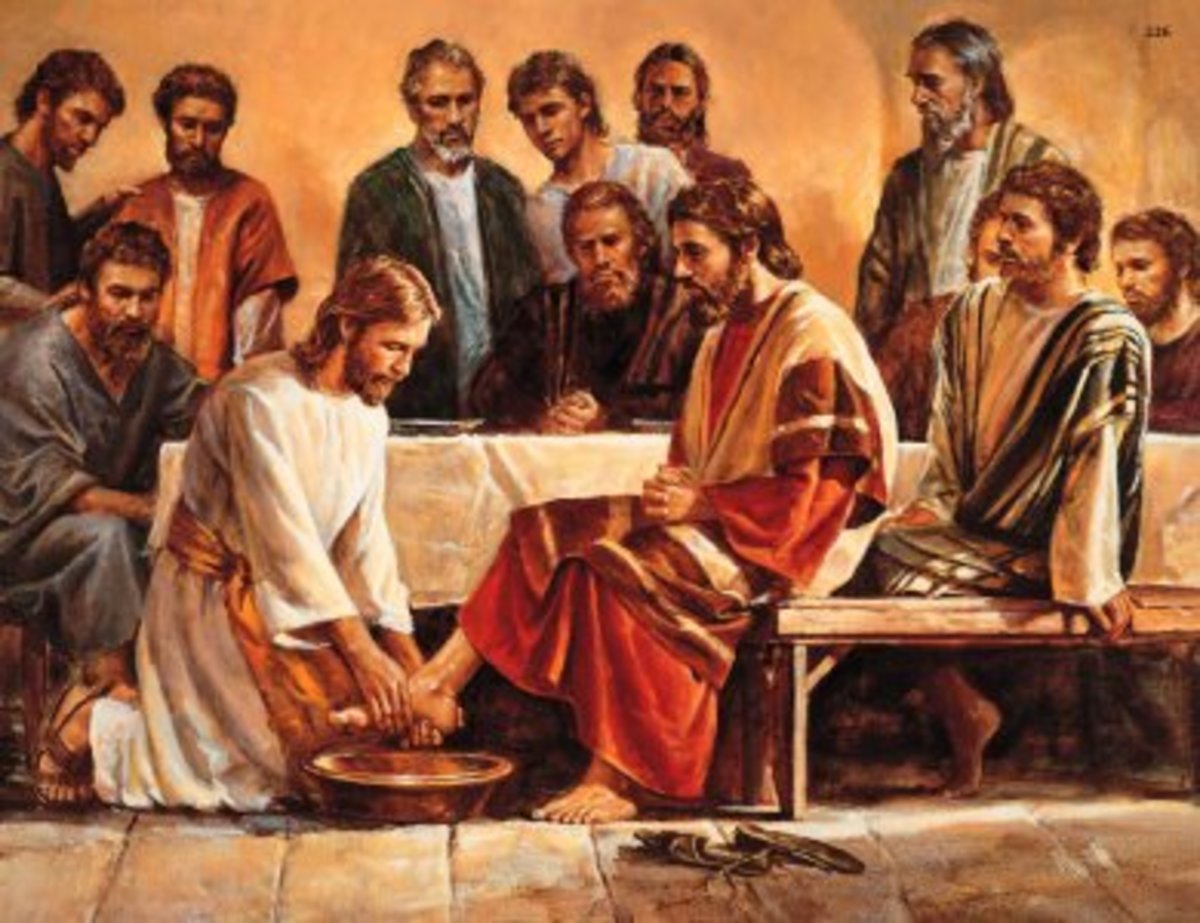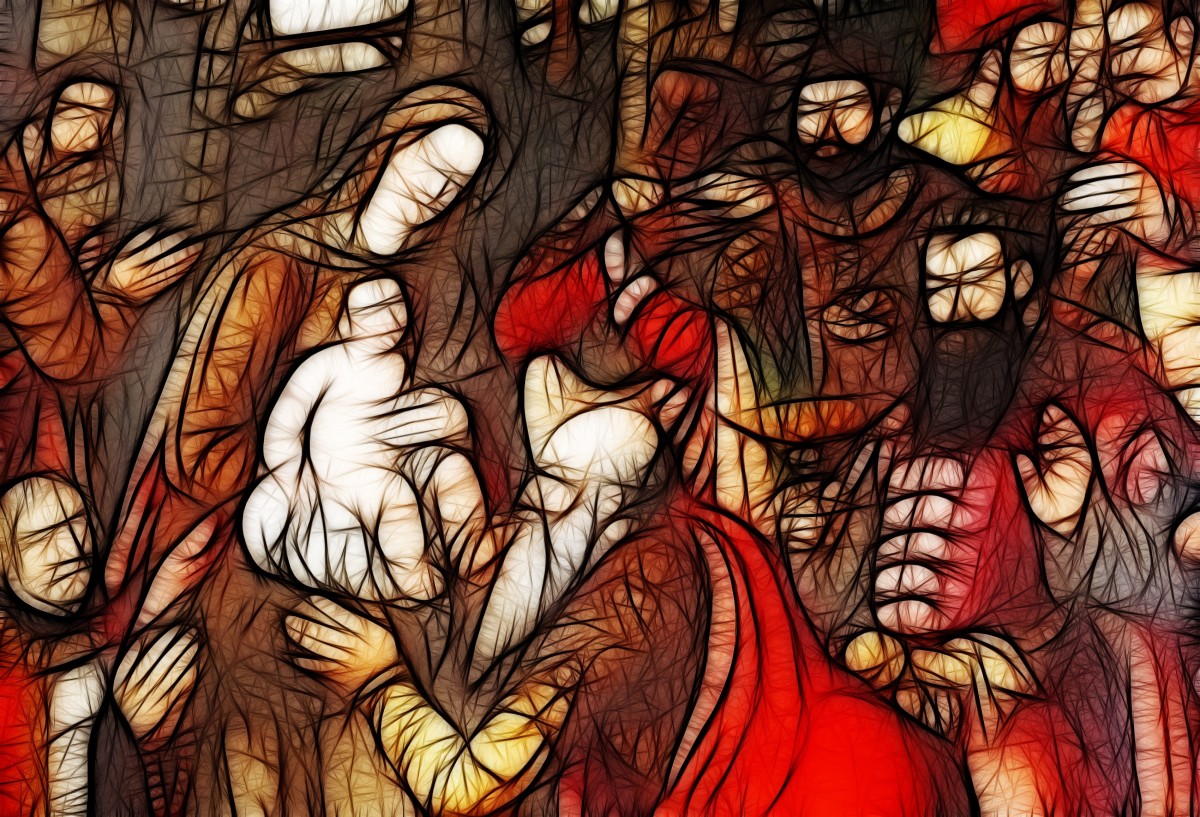Karaite Comments: To My Brother Yeshua (Jesus) Chapter 11
This article unlike the previous ones will not have anything to do directly with the Hazuk Emunah. It will actually be a slight diversion from the previous topics and focus on early Christian History rather than the first century Pharisaic history which precipitated Christianity. The context of this article I actually owe to one of my Messianic readers who asked me the question, “Is everything she learned about Yeshua merely the result of fable or myth?” A very difficult question for a Messianic to ask because even though they have struggled to break away from the Christian religion, they so carefully want to hold on to something tangible to say that all was not a loss. In their particular case it means holding on to Yeshua or Jesus as their life buoy as they lose their grip on the dock which was their previous Christian faith and are now set afloat in a raging sea of conflict, contrast and contradiction. One wants to believe so strongly that the floatation ring will keep them safe even as the waves crash and the winds howl as the storm sets in. Unfortunately the lifering is unlikely to do the job as one would need a raft if they were even to stand a chance at survival. But a raft needs to be constructed from a far studier material than the simple floatation device, and without an outboard motor, or in the least oars, even the best raft will capsize without direction. The person that was rumoured to have managed to survive the storm at sea without these items was/is a myth or as we have become accustomed to saying, an urban legend.

The Legends Surrounding Yeshua
Myth, fable, tales, it really doesn’t matter what we call it the fact remains that all three are fabrications of the imagination. But when it comes to Yeshua, it was not as if the truth didn’t try to prevail at times. When we review the early history of the Church, any attempt to tell a more humanistic history was met with exile, excommunication and extermination. The X’s have it when it came to trying to present anything contrary to those that held the reins of power. It is ironic that in today’s age people question what has happened to the historical Jesus. The fact is that any essence of historical fact or reality was killed off and silenced by the Church. And what those in power presented as the one and only authentic story of Jesus is in fact the product of men’s imaginations. Through process of elimination the history of the Church has answered my Messianic reader’s question. Everything she has learned about Yeshua is likely the result of fable and myth.
But one should not take my word for it. After all, I am a Karaite and as such the belief in Yeshua as Messiah is foreign to me and that would render me prejudiced in any accounting. So instead, let’s examine what those within the early Church had to say about it. After all, at one time these were esteemed and credible leaders of the Christian communities, only to find themselves ostracized and banished once a new emperor or a new bishop courted and craved power. And the best way to eliminate a rival was to brand the old teachings as heretical even if they were the original teachings and therefore probably more accurate.

James and Ignatius
What most people forget is that for almost thirty years Jacob (James), the brother of Yeshua was spiritual leader of the Jerusalem Church. He was the most important leader of the early church and those in Rome or Antioch were secondary, perhaps even tertiary to his authority and rank. From 36 AD until 62 AD when he was murdered he was the man that made the decision regarding the future of the Nazoreans and Minim, not Peter and certainly not Paul. Though some might argue that he took control in 33 AD arguing that is the year when Jesus was crucified, in the book Caiaiphas Letters which provides a prespective unlike any other coming from that of the high priest (http://legendsofthekahana.webs.com/3onthecharts.htm), I present sufficient information to suggest that the year was actually 36 AD. But for the point of this discussion three years is neither here nor there. What is important is recognizing for the duration of his leadership, James taught from the Temple, something he would not have been able to do if his lessons ran counter to the established religion. For the punishment for heresy, any heresy against the Jewish religion was stoning; stoning to death. If there had been any element of heresy within James’ teachings then he would have met that outcome long before his murder in 62 AD. Any suggestion of Jesus having divinity, magical powers, or making statements contrary to the Laws of Moses would have resulted in immediate trial and punishment. And all it took to lay the accusation would be two witnesses so it wouldn’t have been difficult if James was guilty of saying such things. Therefore to have survived for almost three decades while preaching outside the Gates of Nicanor could only mean that the sermons were well within the acceptable parameters of Judaism. That could only mean no immaculate conception, no resurrection, and nothing of a magical nature that would upset the status quo. That still meant that James could have proclaimed Yeshua as the Messiah since that would have been perfectly acceptable. There already were those claiming that John of Gamala, both Theudas and Judas of Galilee and John the Baptist were already the messiahs, so one more wouldn’t have made any difference to anyone. And therein lays the first myth that the early followers of Jesus already viewed him in terms of being greater than man. They didn’t; all that was to come much later, very much later.
And though the doctrines of these initial followers as instructed by James and who appeared to have an understanding of the essential Jesus continued to exist and grow throughout that first century they were condemned as heretics by Bishop Ignatius of Antioch just before the end of the first century AD as he was being led to Rome to be executed. For Ignatius, a man born after the death of Jesus insisted that he knew much better than those that had sat and learned at the feet of Yeshua. In his letters to the early Christians Ignatius makes the point sixteen times that Jesus and God were one and the same. And there is no misunderstanding of what he meant by this claim since Ignatius affirms he believed Jesus to be the invisible and timeless (achronos) one, incapable by his godlike nature of suffering so he had to come earth so that he would be capable of suffering as a result of his human birth. But Ignatius had far more on his agenda than just argue about the divine nature of Jesus. As his letters indicate he insisted on creating an entire set of rituals that would set Christianity apart from its all too Jewish early followers and the traditions of James’ Jerusalem Church. For Ignatius and those to whom he writes that the Eucharist had to be the center of the Church’s existence and it could only be performed by a bishop or by one he authorizes, hence providing a ritual of consecration that is totally under the control of Bishops thereby giving them total control. Furthermore, in order to eliminate the Judaizing teachings of James, Ignatius ordered that Christianity cease keeping the Sabbath on Saturday like the Jews and instead to observe it on what he referred to as the Lord’s Day or Sunday. And finally in his bid to preserve powers in the hands of his fellow bishops, Ignatius instructed that there could be no church unless you had a bishop in charge and presbyters and deacons which they would appoint to do their bidding. So in reality, much of the doctrinal changes that separated Christianity from its Jewish heritage were the result of this individual who had purposely contradicted everything that James had established. The only myth would be to assume that Ignatius had either divine inspiration or divinely granted authority to do so.
From the little bit you have now read, you can either assume that the first century Jerusalem followers that had direct contact with Yeshua didn’t know him and only one man almost a century later who had no contact knew him better, or you can assume that these early followers did know him very well for the man he was and it was only after the initial followers passed away and men like Ignatius assumed control of the church that they could create a story that smacked of polytheism but would appeal to the Greeks and Romans that they wished to convert t their new religion. Myth, legend or fable, the choice is yours.








